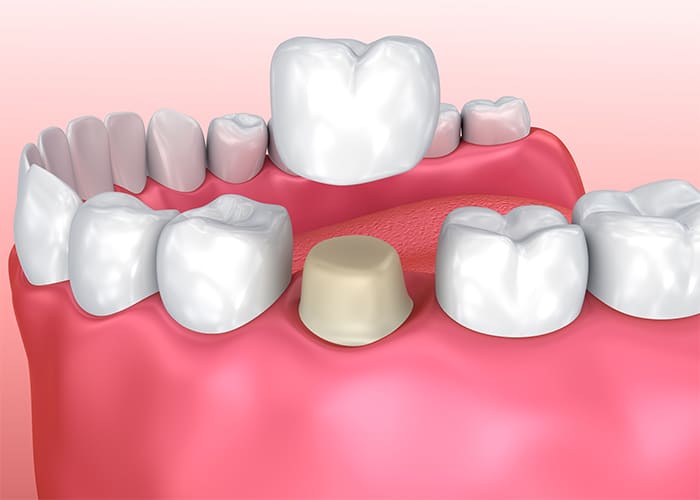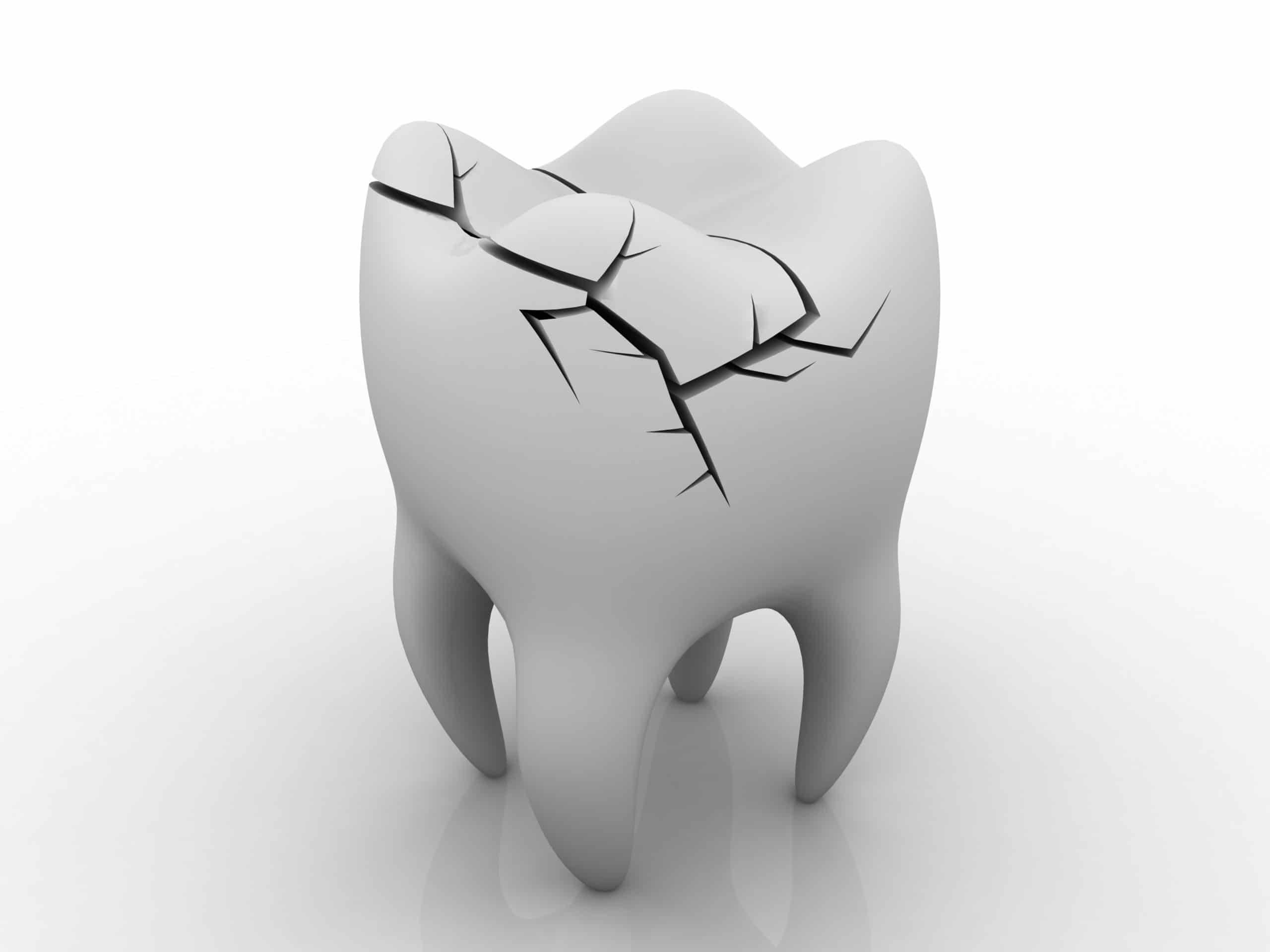Deep cleaning sessions treat more than just the teeth. This treatment is meant to address gum disease and stop it from progressing. Here’s what happens during this procedure:
Key takeaways:
- Your dentist will use local anaesthesia to reduce discomfort when working around the gumline.
- Tartar, bacteria and plaque will be removed using a scaling tool.
- Next, the dentist will do some root planing to encourage gum tissue to become attached to the teeth again.
You may also need medication post-procedure to reduce discomfort and inflammation.
Read the full story here: https://yourdentalhealthresource.com/what-to-expect-during-a-deep-teeth-cleaning/











